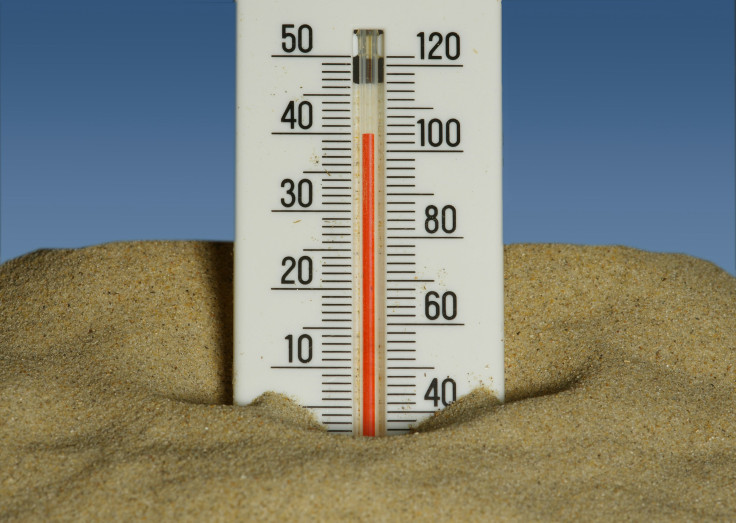Heat Advisory: How to Stay Cool While Saving Electrical Bill as 90-Degree Weather Hits Michigan

Michigan faces a significant challenge as a heat advisory takes effect on Wednesday, with extreme temperature warnings from the National Weather Service highlighting the risk of heat-related illness.
The alert is in effect throughout Southeast Michigan, from 11 am to 8 pm on 23 July, as residents encounter temperature and humidity levels that may jeopardise health.
As the hot weather strikes, safety becomes the focus as many seek ways to adapt and stay healthy during this wave.
Michigan's Temperature to Rise
Forecasts indicate that temperatures will rise into the low 90°F across Michigan, with the southeast regions in particular expected to experience severe heat, according to CBS News.
The heat index—how hot it feels with humidity—may reach up to 105°F in specific areas, such as Benton Harbour, Sturgis, and Washtenaw County, say meteorologists.
Parts of Midland, Bay, Huron, Saginaw, Tuscola, Sanilac, Shiawassee, Genesee, Lapeer, St. Clair, Livingston, Oakland, Macomb, Washtenaw, Wayne, Lenawee, and Monroe counties all fall within the advisory zone.
Ahmad Bajjey, CBS News Detroit Chief Meteorologist, said: 'Take breaks in air conditioning, stay hydrated, and we'll have a chance to cool a bit on Friday.'
Corn Sweat Contributes to Heat
Experts warn that humid conditions are aggravated by 'corn sweat,' or evapotranspiration, as cornfields emit massive amounts of water vapour. One acre of corn can add 3,000 to 4,000 gallons to the air each day in July and August. This extra moisture can push the dew point, making Michigan feel even hotter—by several degrees on key days.
The state has over two million acres planted in corn and nearly as many in soybeans. While a significant factor, Iowa state climatologist Justin Glisan explains that 'corn transpiration is an important moisture contributor, though not the dominant factor.'
The broader weather pattern and heat dome remain the prime drivers. Still, corn sweat means nagging discomfort, especially for those living near large fields.
Stay Cool While Saving Electrical Bill
Federal and local experts issue advice for staying cool efficiently. The Department of Energy (DOE) recommends setting thermostats to 78°F while at home, as reported by the Detroit Free Press.
If leaving, raise your setting by several degrees. DTE Energy notes that every degree higher can reduce energy costs by 1% to 3%. The DOE confirms: 'You can save as much as 10% a year on heating and cooling by simply turning your thermostat back 7 to 10 degrees for eight hours a day from its normal setting.'
Other tips include:
- Keeping blinds closed on sunny windows and using fans for personal comfort
- Delaying heat-generating chores until evening, such as laundry or dishwashing
- Cooking with microwaves, crockpots, or outdoor grills instead of ovens in the afternoon
- Taking shorter, cooler showers to reduce indoor humidity
- Maintaining air conditioners by cleaning filters monthly and clearing outdoor units
- Switching to LED lighting and sealing air leaks
With the heat advisory in place, planning smartly will help Michigan residents stay safe and healthy as the extreme temperatures persist.
© Copyright IBTimes 2025. All rights reserved.




















